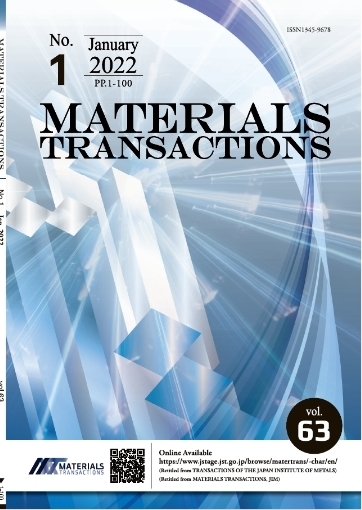Effect of pH Value on the Crack Growth Behavior of X70 Pipeline Steel in the Dilute Bicarbonate Solutions
Zhongyu Cui, Zhiyong Liu, Liwei Wang, Cuiwei Du, Xiaogang Li
pp. 777-780
Abstract
In this work, the crack growth behavior of X70 pipeline steel in the near-neutral pH and acidic solutions was investigated using in-situ crack length measurement, microscopic observation and polarization curves. The results showed that the decrease of the solution pH promoted the anodic and cathodic reactions simultaneously and accelerate the corrosion rate of X70 steel. This resulted in the blunt crack tip of X70 steel in the acidic environment. The crack growth rate of X70 steel in the acidic solution was lower than that in the near-neutral pH environment, which was attributed to the higher corrosion rate and the weaker couple effect around the crack tip.
Readers Who Read This Article Also Read
ISIJ International Vol.56(2016), No.1
ISIJ International Vol.36(1996), No.3










